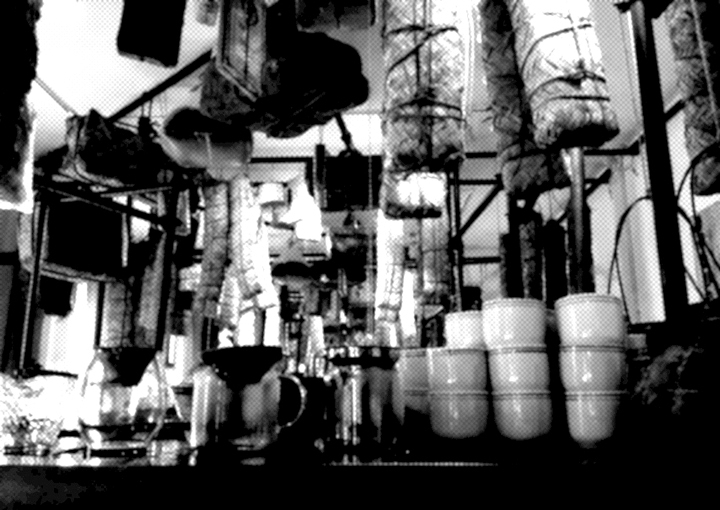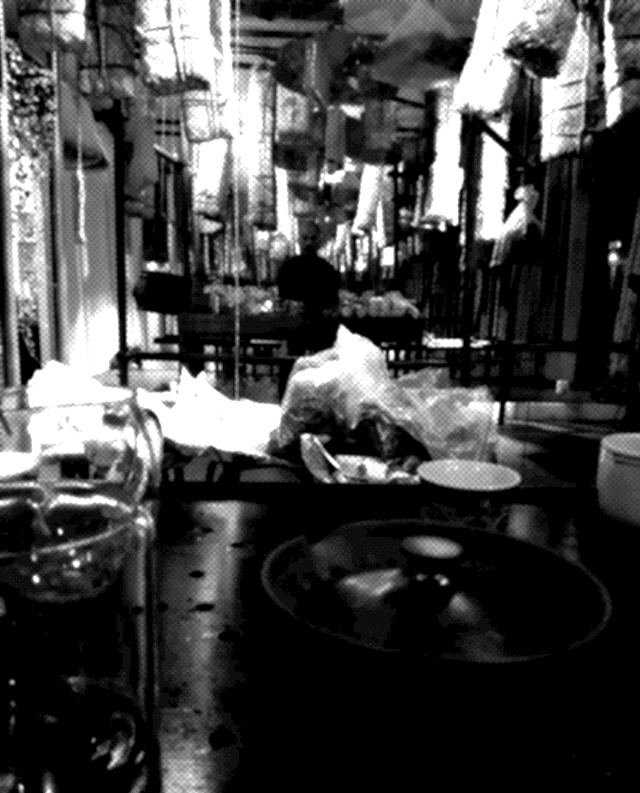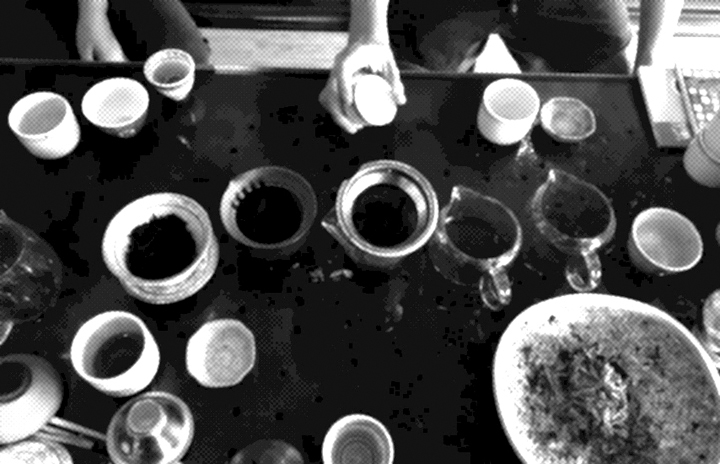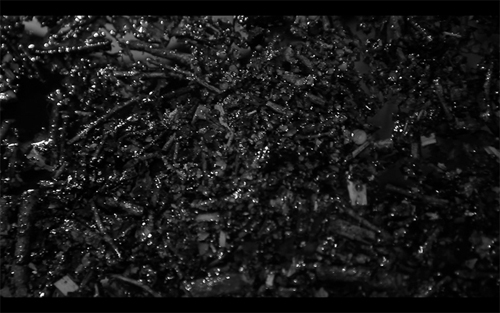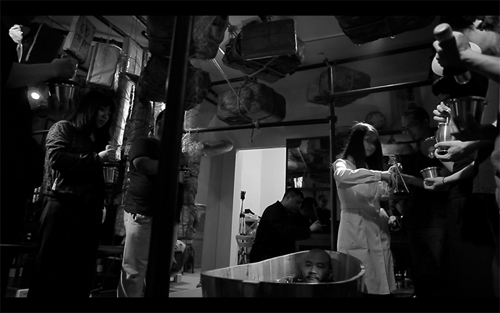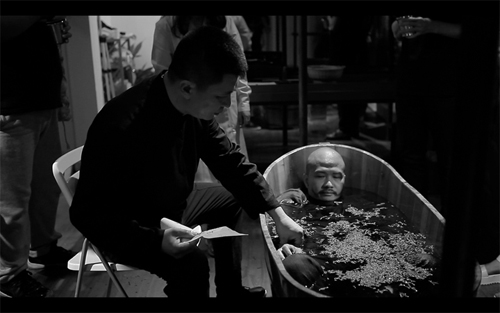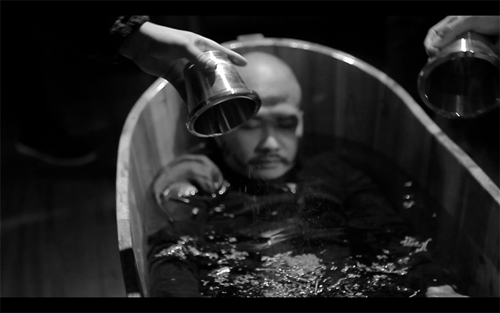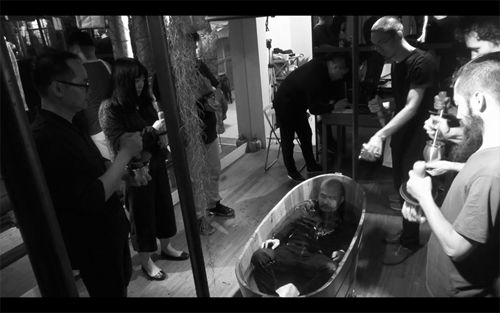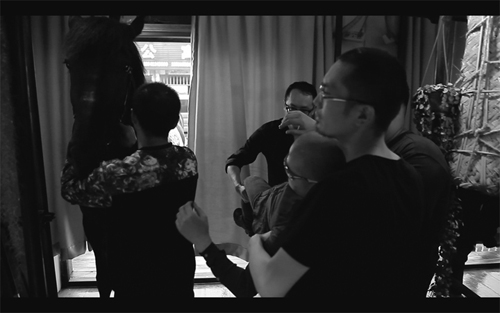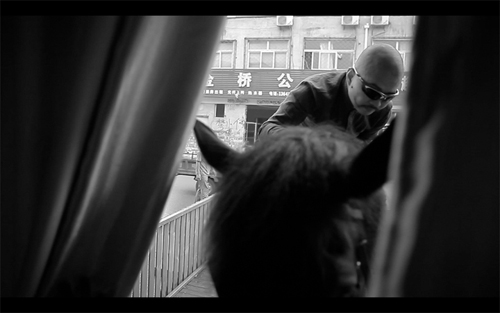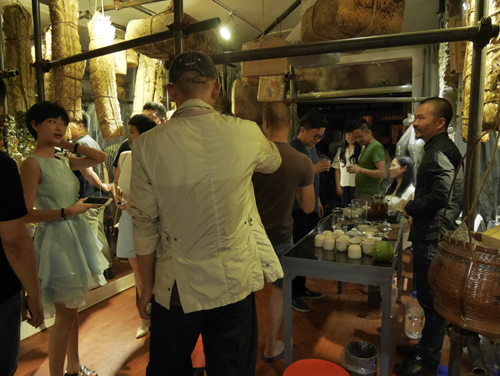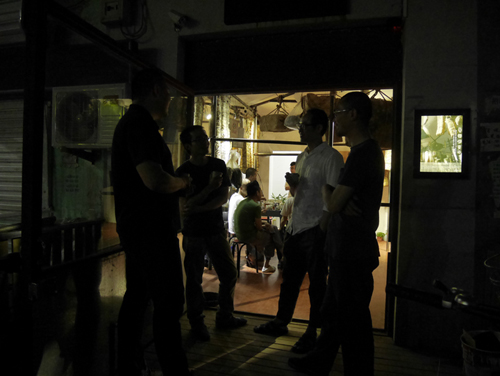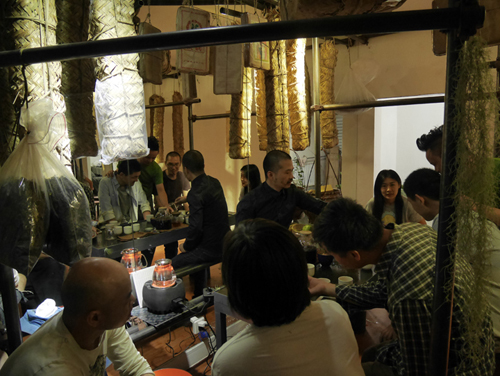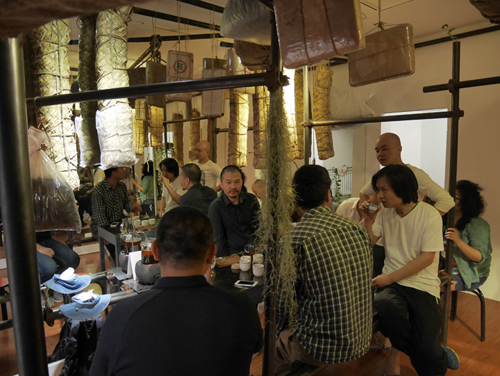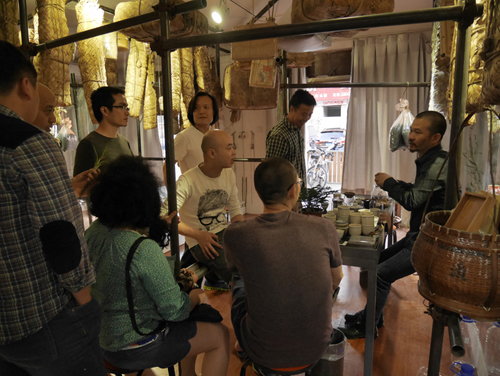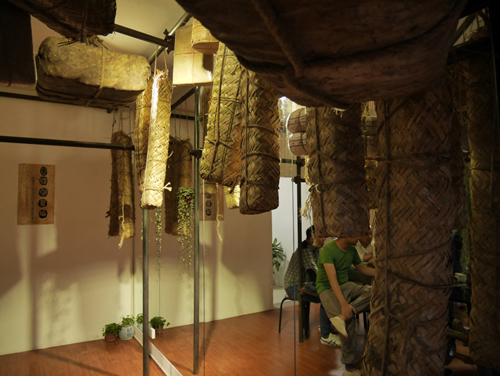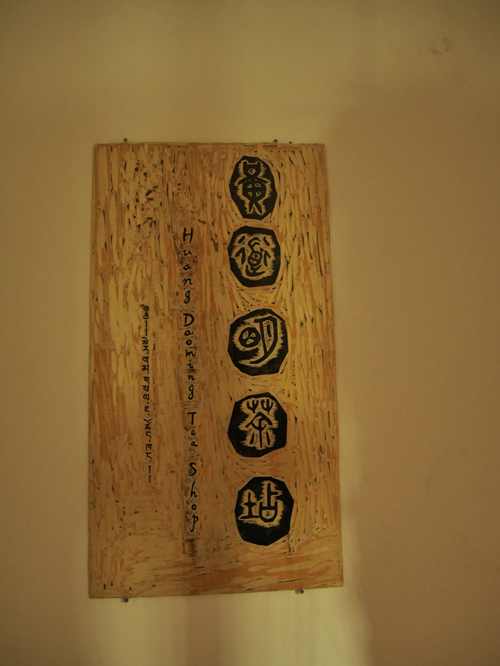- 资质:
- 评分:
1分 2分 3分 4分 5分 6分 7分 8分 9分 10分 10分
- 印象:
- 经营时间:19年
- 展厅面积:600平米
- 地 区:北京-朝阳
《黄道明茶店》
- 展览时间:2016-06-01 - 2017-06-01
- 展览城市:北京-朝阳
- 展览地点:崔各庄黑桥村Aiyo Space (中国电影博物馆进黑桥100米)
- 策 展 人:
- 参展人员:
展览介绍
作为一种象征空间,“黄道明茶店”在茶香袅袅的温情下暗藏玄机。每个落座的茶客都会在某个不经意的瞬间与镜中来回映射的自己四目相触,而且还得时刻留意头上沉重的茶叶包发生“险情”。这其实是道明强加给我们的规范和条件。然而“见性成佛”并非道明的初衷。这里没有斟茶的美女,没有考究的茶器,没有舒适的桌椅,也没有光鲜的柜台。稍显粗野的装修风格甚至体现了他对“茶道”的不屑与驱逐。
有趣的是,茶叶店恰好与非营利艺术机构“Aiyo Space”在空间上完全重叠,因此人们不免会从作品题目、项目方案等方向去认知道明的行为。可是面对这位嗜茶如命的艺术家,他所能贡献给观众或路人的一切,也仅有那口温润的茶汤,以及滑入腹中所经验到的生理现实而已。这种简单而原始的快慰,已经伴随人类存在了几千年。而一旦道明按照年代序列将各类藏茶、红茶、普洱茶等逐一待客品尝时,某些年代久远的老茶就变成了能吃的文物。于是品茶聊天的过程也会涉及价格、品种、来源、成色等话题,犹如谈论一件家传的青铜彝器。视觉和听觉早已促成了绘画、音乐、雕塑等经典艺术的历史流变,惟有味觉和嗅觉因为时效性短暂而使审美近乎于考古(触觉更偏于感觉的辅助)。
那么问题就来了:我们今天大多正在促成“艺术家”这一概念持续生效的文化机构、选拔机制或媒体写作,到底对那些真正为人类感知世界的方式作出积极探索的艺术家产生有益推动呢,还是仅仅在强化他们作为“视觉思维专家”的古老标签罢了?社交媒体将人们的在场体验弱化为纯视觉的瞬时性消费,反过来却强化了艺术家利用作品去夺人眼球、速战速决的创作野心。貌似别出机杼,实则加速遗忘——只因目不暇接的多媒体现实语境早已弱化了视觉与记忆的关联。
从这个角度看,黄道明的茶叶正如普鲁斯特所钟情的玛德琳蛋糕。后者为《追忆似水年华》铺就了意识流的通感联觉之路,而前者则显示了生活本身对艺术家莫大的感召力。因此“黄道明茶叶店”已然是某种写作动机的实体框架,所起的作用如同蒲松龄记录闾里市声的柳泉茶摊,或艾衲居士让人们进行故事接龙的夏日豆棚。只不过道明使自己成为感觉生成的主体,内置于Aiyo Space这个闹中取静的黑桥一隅,因而成就了一种只在观念中存在的写作。这就需要引入严格的设定来指涉其存在。道明以一年为限,赋予了“黄道明茶店”在场的尺度,同时竟也见证了自身的日渐瓦解。我只能将这种始料未及的后果理解为艺术家对意志的迷恋。是为序。
黄洋(中央美术学院教师/美术学博士)
With a delighted scent of aged tea floating over the ceiling, ‘HuangDaoming Teashop’ started its metaphorical trip in Aiyo Space,a non-profit institute in Heiqiao Village in Beijing. Unlike a normal teashop, there has no pretty girls, fine pots, comfortable chairs or luxurious tables for guests. While enjoying a cup of first-class tea, guests may worry about the heavy tea packs hanging above head. Amid two mirror walls, unexpectedly, they might also contact with millions of their own eyes with a casual glimpse. These are the settings that “the owner” offered to each and everyone, which might as well showing his contempt and banishment to mouldy tea ceremonies. Yet, “realise one’s own nature and become a Buddha” wasn’t his initial idea.
Interesting thing is that the teashop is exactly the art space, not in or out, or any other, which could arise people’s wonder of the artist’s true intention. As for Daoming, whom treasuring tea as his own life, a cup of mild tea or the gentle feeling of absorbing and swallowing it into stomach would be the only thing he could offer, which is also the simple and primary way that has been carried on by human for thousands of years. Ranked by the ages, among different kinds of tea, such as Tibetan, Black and Pu’er tea, the seniors felt like drinkable antiques. When talking about its prices, categories, origins and appearances during tasting, it felt like remarking on a successive Yi(a minority of China) bronze.The sense of sight and hearing has been dominating art history in classical fields, such as Painting, Music and Sculpture, but the sense of taste and smell rarely had its position in history for being fugacious. (p.s. The sense of touch is more like auxiliary to sense)
For contemporary society, the question is: Had art institutes, selecting systems or media, where making the word ‘artist’ consistently alive, created a positive effect or a rotten title of ‘expert of vision thinking’ for the artists whom actively exploring the way of human’s sense of the world? In fact, a large number of social media has weakened the experiences of visiting an exhibition into a transient consumption and strengthened the ambitions of some artists for attractions and quick profits, which is also a factor that speeding people to forget for individual artworks.
In this case, tea to Daoming is as madeleine to Marcel Proust, one showed the charisma of life to the artist and the other paved the way of a classical novel of stream of consciousness—-Remembrance of Things Past. Hence, the ‘teashop’ is similar to a framework of a writing, as PuSongling’s tea booth in his hometown LiuQuan, by which he collected strange stories and generated the famous ghost novel—Strange Stories from a Chinese Studio, and as the beans canopy of Aina Jushi, in which he inspired people to tell stories and recorded them into Chitchat in Beans Canopy. Differ from them, Daoming is the main figure in the quiet tiny space out of a boisterous village, and the writing exists elsewhere. The project will last from 2016 to 2017 for a whole year, its ‘life’ will be reduced while time loses. I could only guess the unknown results in the end equals to his perseverance to will.
By Huang Yang (teacher of CAFA / Ph.D in Fine Art)

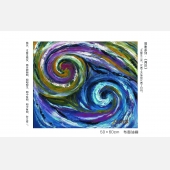 庞明璇
庞明璇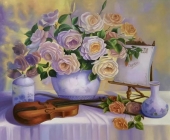 未知
未知 张大千
张大千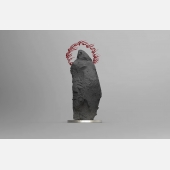 马文甲
马文甲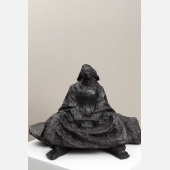 李秀勤
李秀勤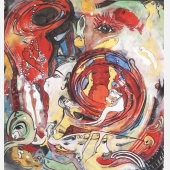 春沐 (亓
春沐 (亓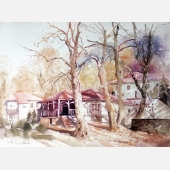 孙慕文
孙慕文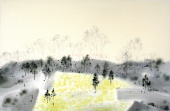 王涌
王涌





